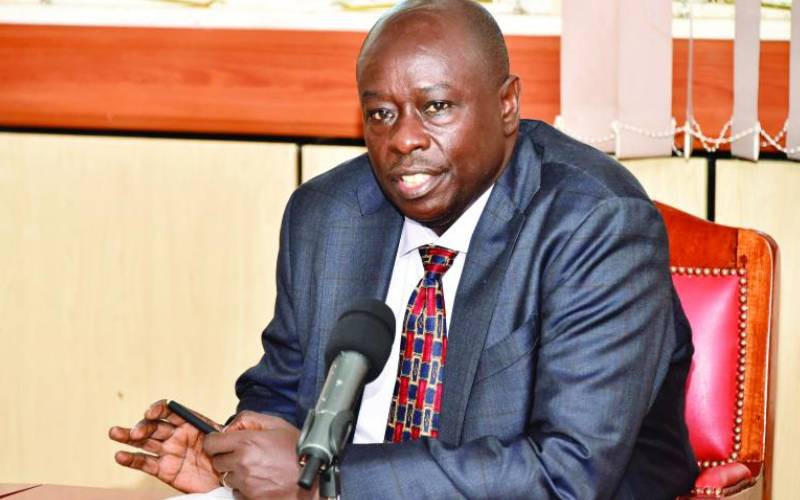×
The Standard e-Paper
Home To Bold Columnists

A review of coffee policies and the eradication of cartels in the coffee industry will take centre stage in a multi-stakeholder summit in Meru County this week.
The policy review will include proposals to amend certain laws governing the sub-sector in a bid to establish farmer-centred cooperatives and link them directly to coffee consumers in high-value markets like the US.